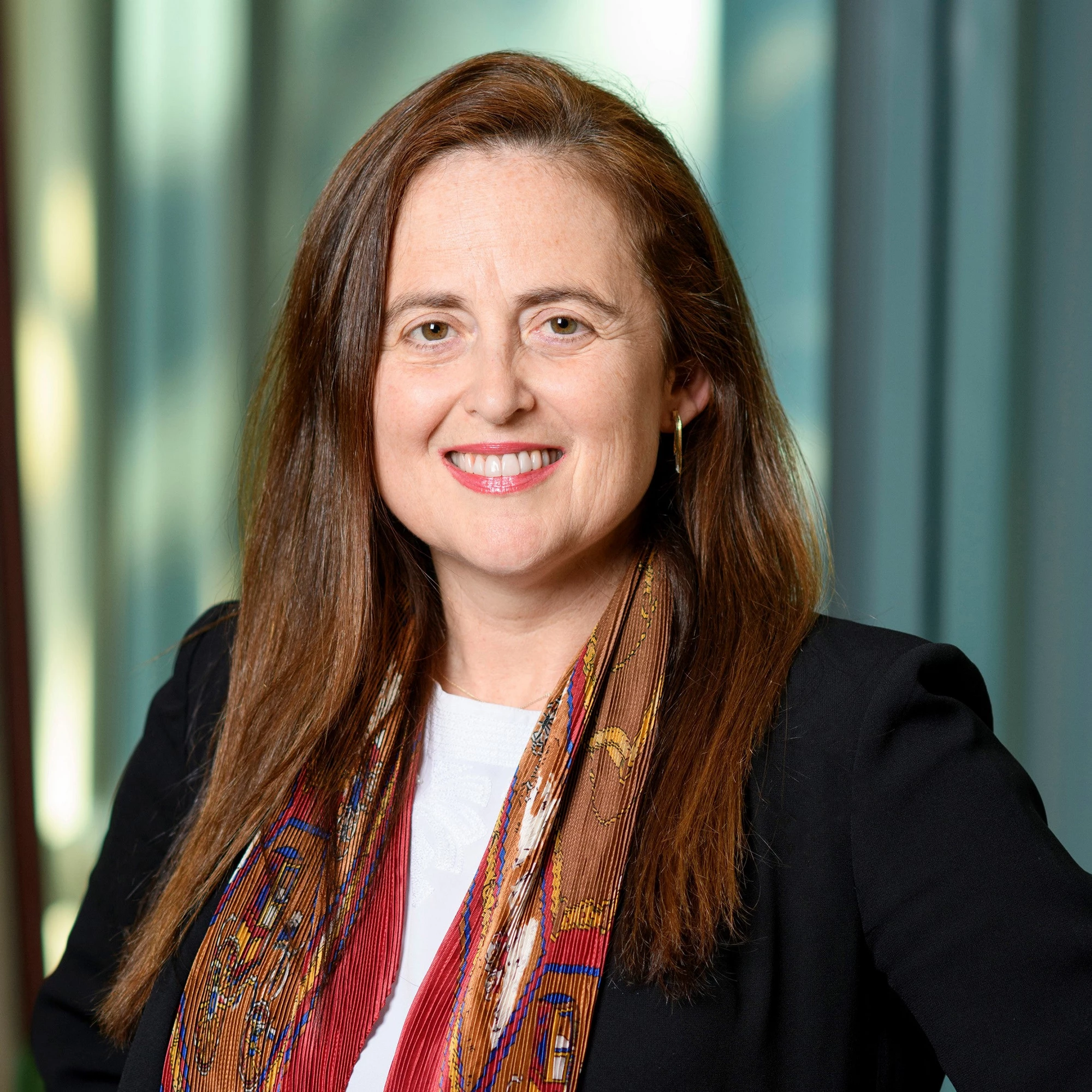 young plants growing in germination sequence on golden coins
young plants growing in germination sequence on golden coins
The COVID-19 pandemic has highlighted what many in climate finance have known for a long time: that the world’s most vulnerable citizens suffer the most during times of global crises. Helping to repair lives following the pandemic will require billions of dollars to rebuild industries and supply chains, and to create conditions for a more resilient financial future.
But the global response to the COVID-19 outbreak also mirrors the approach that we at IFC are using to tackle the climate crisis: that investors, businesses and financial institutions must lead the way to a new, more sustainable economic model.
As the pandemic reshapes the world’s financial system, and as companies take stock of their diminished bottom lines, investment in climate-friendly strategies carries the potential to boost growth and create new jobs. More than ever, companies must be encouraged to place sustainability at the heart of their investment and business strategies and to avoid the pitfalls of a business-as-usual high-carbon path. It’s a business plan that’s not only positive for the environment, but also good for people and profitability.
"More than ever, companies must be encouraged to place sustainability at the heart of their investment and business strategies and to avoid the pitfalls of a business-as-usual high-carbon path. It’s a business plan that’s not only positive for the environment, but also good for people and profitability."
At IFC, we have invested $24.8 billion in long-term financing and mobilized another $18.9 million through partnerships with investors for climate-related projects. And this is just the start. Our analysis shows that 21 emerging market economies alone hold $23 trillion in climate-smart investment opportunities. Cities in these markets could attract more than $29 trillion of investments in green buildings, public transport, electric vehicles, waste management, water treatment and renewable energy.
For a global economy fueled by sustainable finance, we must help business leaders move quickly to embrace innovation, forge new partnerships, and treat disruption as an advantage, not a handicap. That means investing in systems and technologies that are energy and resource efficient, and developing clean energy solutions with lesser dependence on fossil fuels. It means investing in technologies to scale up electric vehicles, chemicals and plastics made from recycled products or plants, and building green homes, cities and infrastructure.
So, what does this approach look like in practice?
In Uzbekistan, IFC helped the Uzbek government open new markets for solar power with the country’s first open tender public-private partnership. This robust investment opportunity – which attracted eleven prequalified bidders – will supply renewable energy to the Uzbek people at extremely competitive prices.
IFC has been an early leader in mobilizing private sector finance and offering sustainability-linked financial instruments that encourage financial institutions to green their portfolios. Green bonds, for example, dramatically increase the flow of capital to green projects and bring new financiers into the climate-smart investment space.
"IFC has been an early leader in mobilizing private sector finance and offering sustainability-linked financial instruments that encourage financial institutions to green their portfolios."
Even in a time of unprecedented capital outflows from emerging markets, investors are continuing to bank on climate. In May, IFC alongside HSBC Principal Investments attracted six private international institutional investors and raised $475 million for the third closing of the Real Economy Green Investment Opportunity (REGIO) fund. The first global green bond fund targeting companies in emerging markets, the REGIO fund demonstrates that green bonds in emerging markets are still an attractive investment opportunity, even amidst the current COVID-19 market turmoil.
To rebuild economies to be more sustainable and resilient, finance must be directed into assets and investments that deliver concrete and measurable outcomes. The rapid expansion -- and early success -- of the green loan market offers another pathway. In 2019, IFC provided $40 million to help finance a groundbreaking credit facility for the Netherlands-based green coffee supplier, Mercon. Led by Rabobank, the $450 million credit facility is aligned with Mercon’s long-term strategy to build a better coffee world and will allow the supplier to improve productivity and reduce post-harvest crop losses through the efficient collection, transport and warehousing of coffee. The credit facility - IFC’s first ever green loan – is the only coffee-specific sustainability facility in the world to date.
When it comes to sustainable finance, the private sector is crucial but to take these opportunities to their full scale, partnerships, innovation and leadership must be allowed to flourish. Governments must provide a regulatory environment conducive to private business; multilateral development banks must help mobilize investors and help lower risk.
Although private sector investments in climate-friendly projects offer promising potential, the scale of COVID-19 relief measures in the public sector clearly will have an impact on government funding for sustainable infrastructure and other relevant areas.
"The COVID-19 pandemic has revealed not just our vulnerability as a civilization, but our interdependence on one another. We cannot self-isolate from climate. The climate crisis presents an urgent challenge for humanity but it also opens up enormous opportunities."
The COVID-19 pandemic has revealed not just our vulnerability as a civilization, but our interdependence on one another. We cannot self-isolate from climate. The climate crisis presents an urgent challenge for humanity but it also opens up enormous opportunities. Transitioning to a low-carbon economy has already created a $1 trillion annual global market in renewable energy, climate-smart agriculture, green buildings, carbon efficient transportation and other infrastructure.
Now is the time to redouble our efforts for a low-carbon future. The business leaders and bankers who embrace climate as a business opportunity and offer these low-carbon technologies, goods and services will be the front runners of our future.


Join the Conversation